
Politicians & Insiders
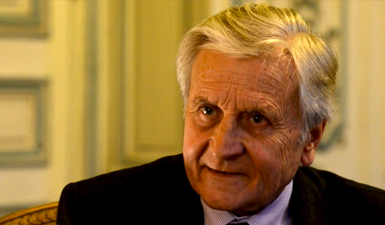
Jean – Claude Trichet
Jean-Claude Trichet was the Governor of the Bank of France from 1993 to 2003 and the President of the European Central Bank from 2003 to 2011. He is also a member of the Board of Directors of the Bank for International Settlements. In 2008, Trichet ranked fifth on Newsweek’s list of the most powerful people in the world along with economic triumvirs Ben Bernanke (CB of US Federal Reserve) and Masaaki Shirakawa (CB of Bank of Japan).
Within the European Central Bank, Trichet strongly resisted any contemplation of Greece defaulting on its debt. It was only in October 2011, with the end of his term imminent, that consensus was reached to allow a 50% cut in the value of Greek bonds.
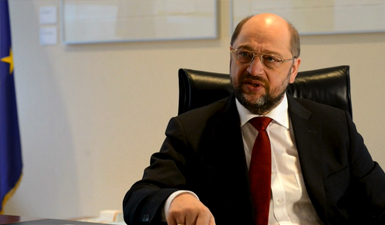

George Papaconstantinou
Giorgos Papaconstantinou is a Greek economist, former Minister for the Environment, Energy and Climate Change of Greece (2011-2012) and former Minister for Finance (2009-2011) with PASOK. As Finance Minister, in 2009 he presented a national deficit that was much larger than what was reported by the previous government, which led to Greece being shut out of international markets. During his tenure, Greece concluded its first loan agreement with the Troika (European Commission, European Central Bank, International Monetary Fund). He carried out the negotiations between the Greek government and its partners and undertook the implementation of severe austerity measures in Greece.
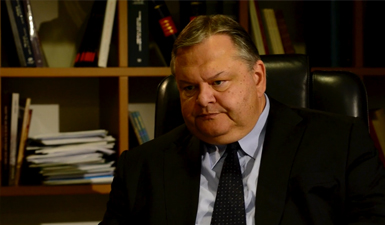
Evangelos Venizelos
Evangelos Venizelos is the president of the social-democratic PASOK party since March 2012. From June 2011 until March 2012, he was Minister of Finance and Vice President of the government. During his tenure as Minister of Finance, the Greek parliament approved the “Medium-term Financial Strategy” (June 2011), which included the implementation of severe austerity measures. Additionally, during the time in which he upheld the same position, the Greek parliament approved the “Memorandum of Understanding on Specific Economic Policy Conditionality” (February 12, 2012).
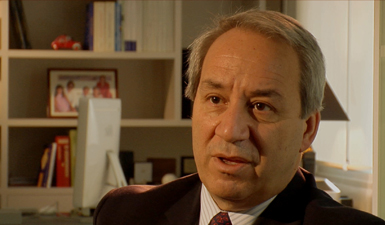
George Alogoskoufis
George Alogoskoufis is a Professor of Economics at the Athens University of Economics and Business since 1990. He was a member of the Hellenic Parliament from September 1996 with the conservative New Democracy party until October 2009 and served as Greece’s Minister of Economy and Finance from March 2004 until January 2009.
Back in 2004, he ordered a fiscal audit, which revealed significant falsification of the Greek deficit statistics by the previous government of PASOK. He openly accused the previous Prime Minister, Costas Simitis (1996 – 2004), of misrepresenting the Greek economy’s statistics and knowingly covering up the extent of the country’s debt. He also claimed that at that same period the fiscal debt had increased dramatically.
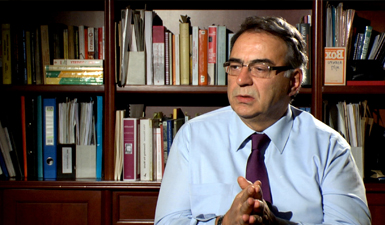
Nikos Christodoulakis
Nicos Christodoulakis is Professor of Economic Analysis at the Athens University of Economics and Business (AUEB) and Research Associate with the Hellenic Observatory at LSE, London. He served as Minister for Economy and Finance of Greece with the social-democratic PASOK party from 2001 to 2004 and chaired the Eurogroup and the ECOFIN in 2003.
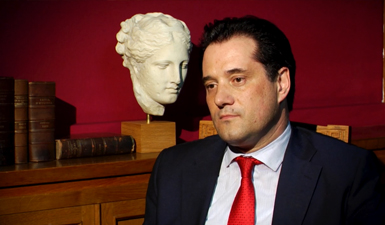
Adonis Georgiades
Adonis Georgiades began his career as a TV salesperson that promoted books of nationalist and far-right content while he also hosted the TV show the Rise of the Greeks. In 2007 he entered the Greek parliament with the nationalist Popular Orthodox Rally (LAOS) party. In 2012 he moved into the conservative New Democracy party. He served as Minister for Health from June 2013 until June 2014 and undertook the recent controversial shrinking of the Public Health sector in Greece.
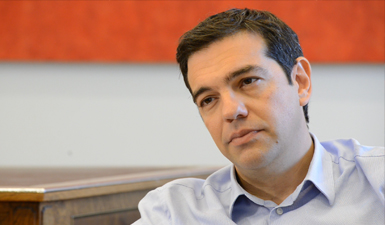
Alexis Tsipras
Alexis Tsipras is currently the Leader of the Opposition and the Leader of the Coalition of the Radical Left (SYRIZA) in Greece. He was first elected to the Hellenic Parliament in 2009. As Vice-President of the Party of the European Left, he was the nominee for President of the European Commission in the 2014 European Parliament election.
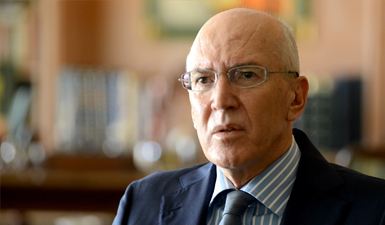
Panagiotis Roumeliotis
Panagiotis Roumeliotis is an Emeritus Professor at the Panteion University of Athens, a Vice Chairman at Piraeus Bank (one of the biggest in Greece) and a former Minister of Finance as well as of Trade. He was Greece’s representative to the International Monetary Fund from March 2010 until December 2011. He was placed in this position by the Minister of Finance, Giorgos Papakonstantinou, at a time when Greece and the Troika were negotiating the first loan agreement. He entered the public spotlight because of an interview with the NY Times, in the summer of 2012. “We knew at the Fund from the very beginning that this Program was impossible to be implemented because we didn’t have any — any — successful example,” he said.












